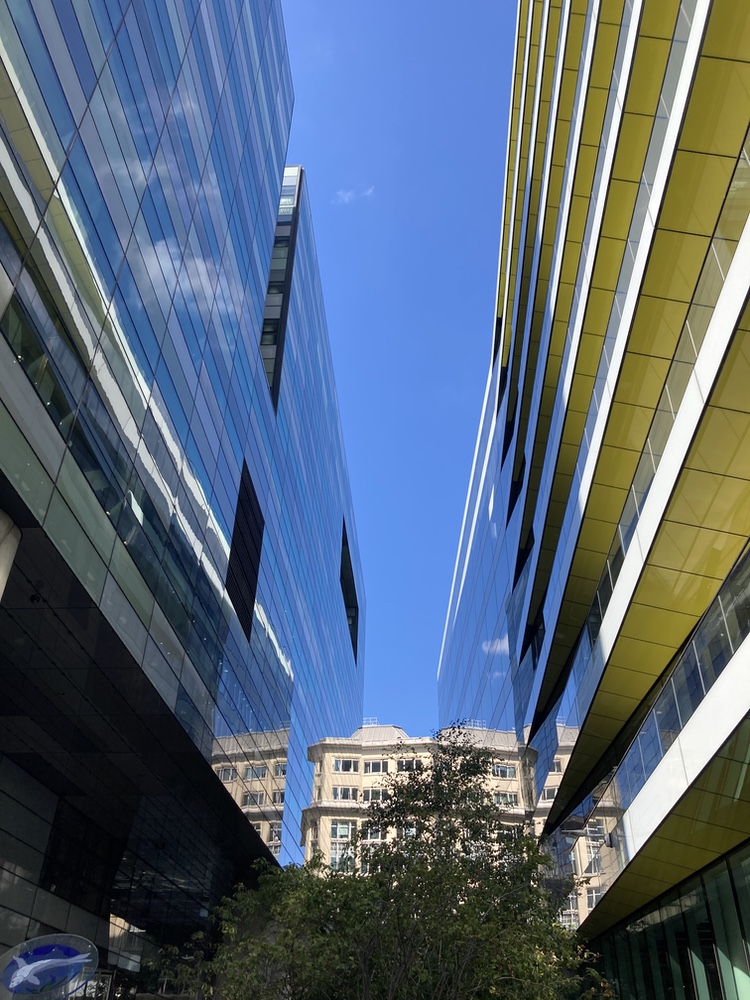Suppose you wanted to be surprised and delighted (and possibly intrigued and befuddled) in some field. You could start with the Top 10. Today, I’m talking about movies, so find some list of the 10 Greatest Films. This sort of listing is ubiquitous: 10 Greatest Dramas, 100 Films preserved by the U.S. Library of Congress, The British Film Institute’s (BFI) 100 Greatest Films, and on and on.
The following list from BFI is not that sort of list. Not at all.
Each of these films is one of the greatest according to just one voter in our recent Greatest Films of All Time poll; they are some of the hidden gems among the more than 4,300 films voted for by more than 2,000 participants. (For the pedantic reader, the films that got one vote each – more than we can fit in here – are all technically joint 1,956th greatest film of all time, combining the tallies of our critics’ and directors’ polls.)
~ from 101 hidden gems: the greatest films you’ve never seen
Effectively, that’s a list of 101 movies which all tied for last place, in list of the top 2,000-or-so movies. Above, the BFI is showing an entirely different way to be surprised and delighted (and possibly intrigued and befuddled): Find one person who is into the thing way more than you, and ask them for a list of the greatest. On their list, it is likely there will be one which they recommend, that no one else would recommend. What is up with that one recommendation?
Any big list is created by many people collaborating and, in the end, averaging out their individual tastes. But if you ask that one really-into-it person, you’ll get a very surprising and delightful (and probably intriguing and befuddling) opinion.
ɕ

